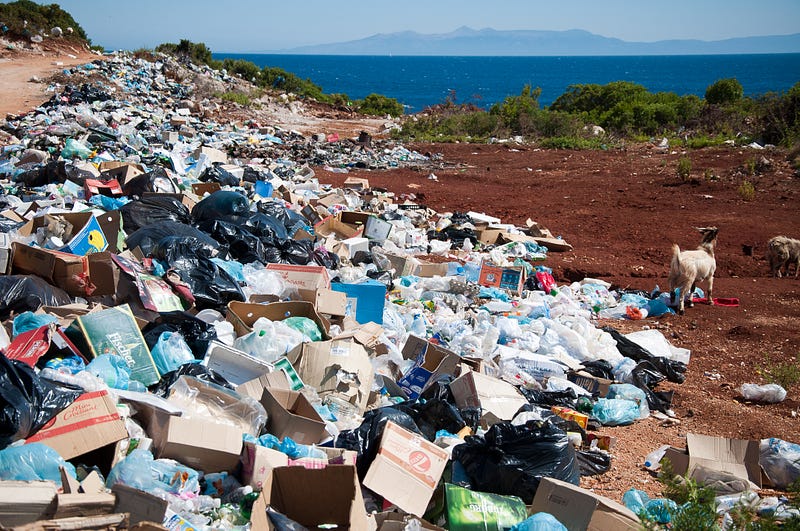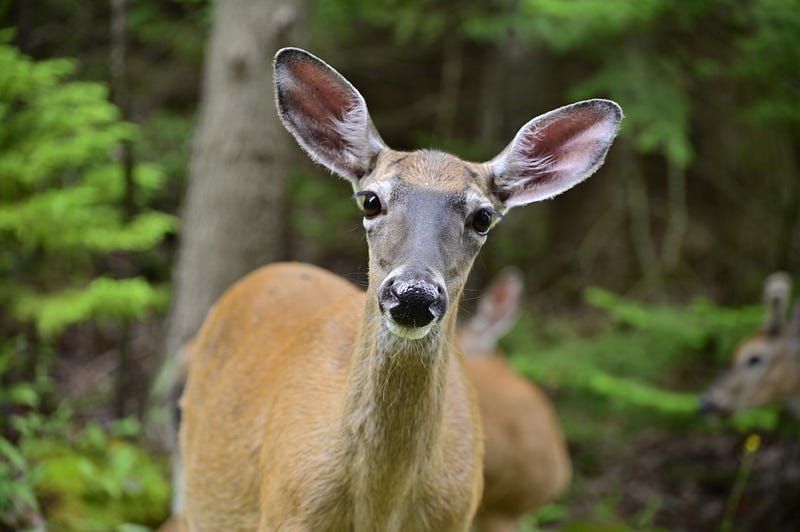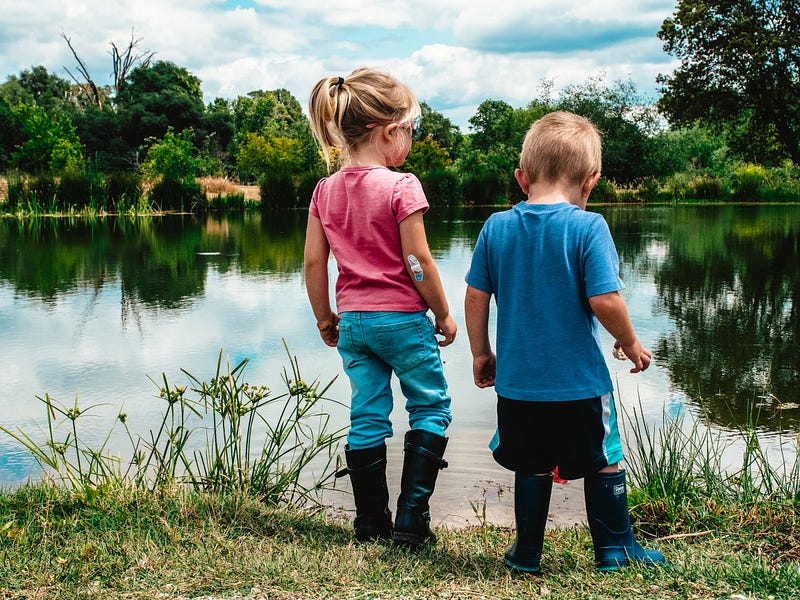Empowering Children to Tackle Climate Change for a Sustainable Future
Written on
Chapter 1: The Urgency of Educating Youth
In today's world, with a population of over eight billion, the need for children to grasp the significance of nature has never been greater. This understanding is essential for them to navigate and survive the dire consequences of climate change.
This paragraph will result in an indented block of text, typically used for quoting other text.
Section 1.1: Nature's Connection
It's vital that children recognize their bond with nature—not only to satisfy their curiosity but also for their own survival and that of future generations. As a nature interpreter for Conservation Halton in Southern Ontario, I see this as my mission. Indigenous populations historically understood the necessity of land conservation for their existence, while my European ancestors often prioritized exploitation for short-term gain, leaving environmental degradation for others to face.
The Earth cannot heal quickly enough to sustain all its inhabitants, especially after suffering from wars and environmental catastrophes. With our escalating population, the situation has become increasingly precarious. We are hastening our own demise, and it is our youth who hold the potential to reverse this trend.

Section 1.2: A Moral Obligation
We have an ethical duty to safeguard this planet for all species and, ultimately, for our survival. Even religious texts emphasize our responsibility to protect nature, interpreting our dominion as a call to stewardship, not exploitation. The key to a sustainable future lies in educating the younger generation, guiding them away from the exploitative mindsets of the past towards more harmonious, indigenous perspectives.
When I interviewed for a position with the conservation authority, I candidly admitted my unfamiliarity with many scientific names of trees. To my surprise, they reassured me that this was common, as most individuals struggle to differentiate between coniferous and deciduous trees.

Subsection 1.2.1: Educating Through Experience
My primary role involves teaching both children and adults about the wonders of nature. During outings, I often encounter blank stares from adults when I pose questions about tree types. Interestingly, the children tend to have a better grasp of these concepts, thanks to their early education on the interconnection between humanity and nature. It's crucial that they retain these foundational lessons as they mature, unlike many adults who forget them.

Section 1.3: Fostering Curiosity and Engagement
I've observed a growing interest in nature among children, largely influenced by passionate educators. Here are several strategies that can enhance their connection to the environment:
- Regular outdoor excursions into natural settings.
- Daily walks that encourage exploration and learning.
- Engaging YouTube videos focused on nature.
- Nature-themed books, games, and educational kits.
- Hands-on field trips that provide real-world experiences.
- Involvement of parents in nature-related activities.
- Participation in environmental initiatives like tree planting.
- Empowering children to devise their own solutions for environmental challenges.
- Gardening as a practical way to learn about ecosystems.
- Hiking along the beautiful trails of the Niagara Escarpment.
These approaches can help sustain children's motivation and passion for the environment. It’s essential to cultivate their understanding so they can become true advocates for nature, regardless of their future careers.
The first video, What children want us to know about climate change | BBC Ideas, illustrates how youth perceive climate change and what they believe adults should understand.
The second video, How and Why to Talk to Kids About Climate Change: From Anxiety to Action, offers insights into effectively communicating with children about environmental issues, turning anxiety into proactive solutions.
Chapter 2: Prioritizing Nature Education
For the sake of our children, the countless species that share this planet, and our own future, we must prioritize nature education. As we enter the later stages of our lives, it's critical that we equip the next generation with the knowledge and skills to protect our world.
If you enjoy my narratives, consider supporting me and many other writers by becoming a Medium Member for just $5 a month. Your support helps us create more content. Thank you!